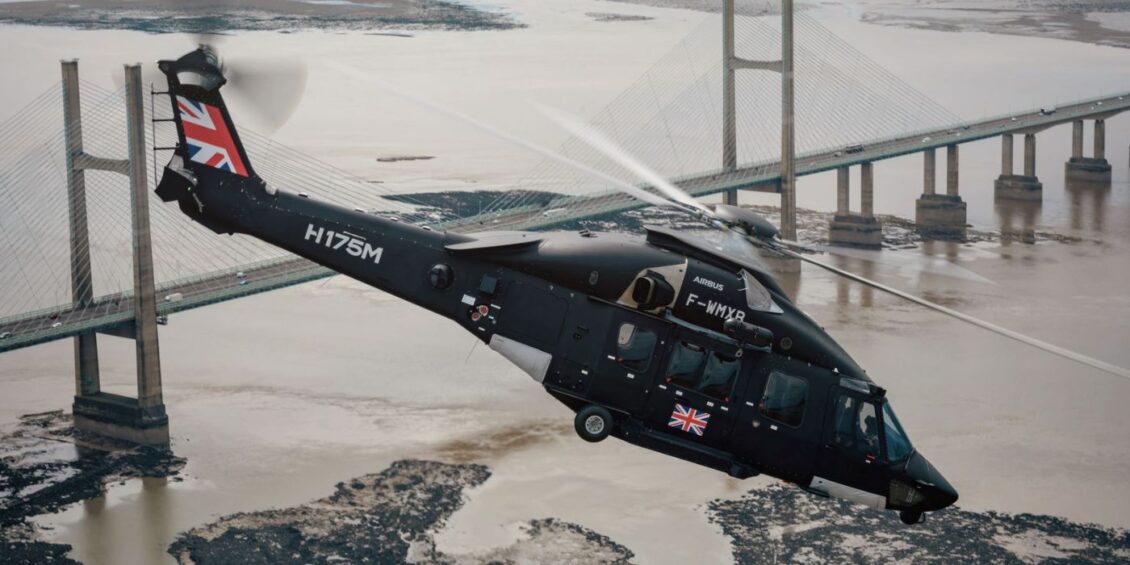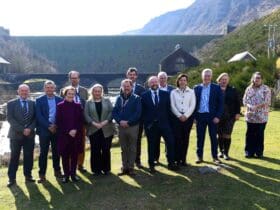Airbus’ latest Oxford Economics survey outlines its contribution to the UK, as well as its role in supporting direct and indirect employment across the wider aerospace and defence supply chain.
With more than 25 sites across the UK, Airbus is the largest civil aerospace company in the country, the biggest civil aerospace exporter, the largest space satellite company, the biggest supplier of large aircraft to the Royal Air Force and responsible for around 50% of the UK’s civil helicopter fleet.
In Wales, Airbus remains the country’s second largest private employer, employing over 5,500 people at its Broughton site where its wings are manufactured. In addition, a further 500 people are employed at its Newport site, a centre of excellence for cyber security and secure communication, imperative for equipping and sustaining sovereign capability and national resilience.
A major employer in Britain, Airbus directly employs nearly 12,000 people across its Commercial, Defence and Space and Helicopters divisions, and expects to hire a further 1,100 across the UK.
Assessing Airbus’ impact in areas such as jobs, investment, research & development (R&D), supply chain and sovereign capability across the UK, the survey highlights that Airbus remains a key component of the UK’s wider industrial manufacturing capabilities, supporting economic performance.
Commenting on the survey, John Harrison, Airbus General Counsel and UK Chairman, said:
“These findings clearly show that Airbus is good for jobs, good for growth, and good for the UK.
“I am proud of the contribution our 11,500 UK employees make to the UK economy – a multi billion pound effort from satellites to civil aerospace that helps connect people all over the world. Our deep roots in the UK supply chain and investment across the four nations create long-term regional and local growth – ensuring Airbus’ impact is felt at every level.
“But the work does not stop here – our continued investment in R&D, a total of £277m in 2022 alone, is helping to find tangible solutions to the key challenges that affect our world today – from climate change to conflict.”









Leave a Reply
View Comments